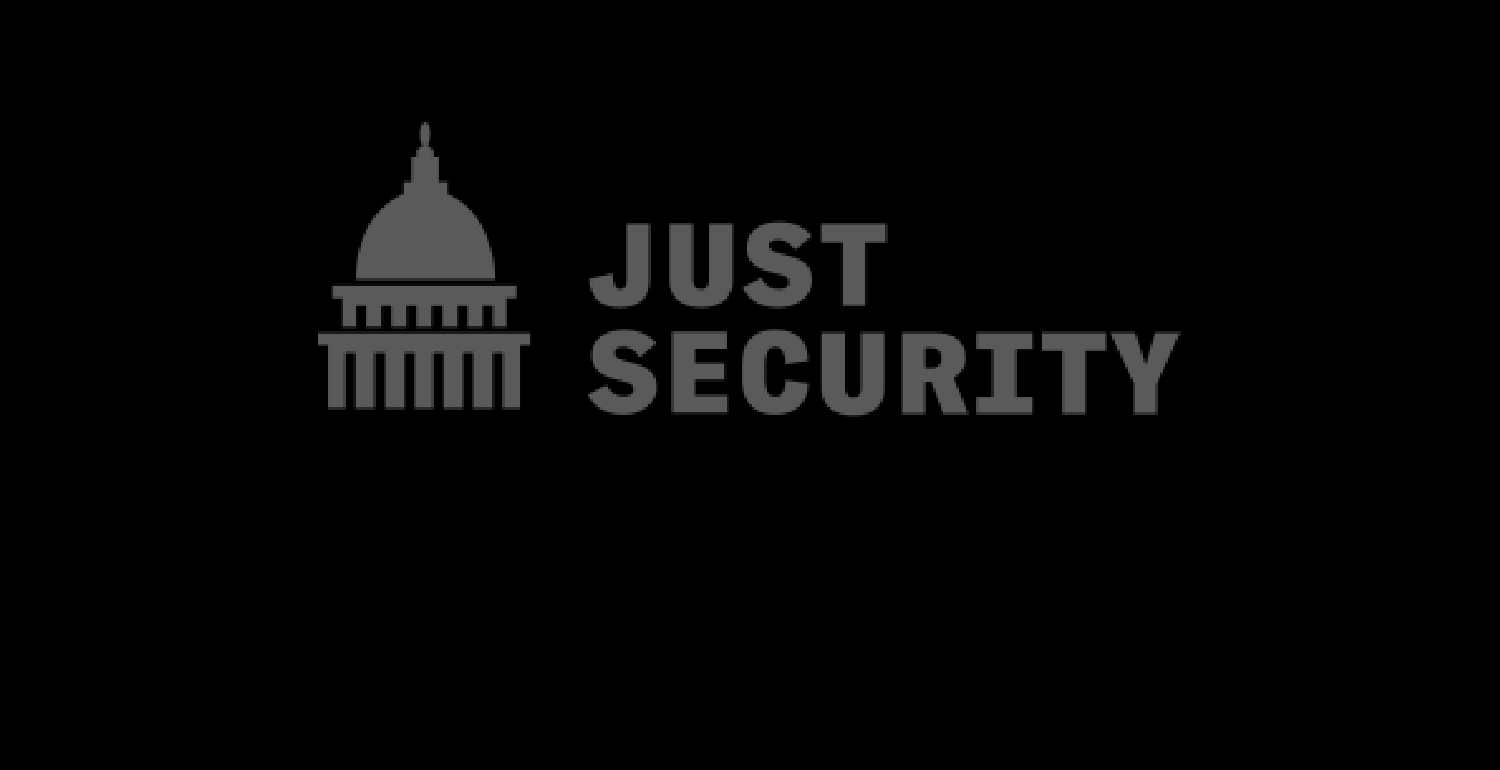Not long ago, America’s greatest adversaries were bound together by communist ideology. Today, they most often are defined by political corruption—authoritarian leaders using the levers of government to enrich themselves and ward off political opponents. Corrupt leaders cling to power through patronage networks and exploit rule-of-law jurisdictions, like the United States, to conceal and protect their stolen assets. These leaders are also accustomed to using strategic corruption as a tool of foreign policy.
Corruption has its most perverse effects on the people who are forced to live under it. Corruption undermines democracy, hollows out the rule of law, and prevents the efficient and fair delivery of government services, as evidenced in the scandals affecting certain pandemic response efforts. Corruption also fuels the rise of authoritarian opportunists who seek to exploit social divisions, restrict freedom, and use public office for personal gain.
Corruption also poses a wider threat to American democracy and prosperity, and to the prosperity of our allies. Almost every major transnational threat—such as human trafficking, black markets, and terrorism—is inextricably linked to corruption.
Slowly but surely, the fight against corruption is gaining momentum worldwide. In Russia, corruption exposed by activist Alexei Navalny has sparked mass protests against a political elite that systematically steals from them. In the past three years alone, outrage against corruption has fueled protests in 32 countries.
Despite these encouraging signs, opportunities to root out corruption remain rare—and when they arise, the window for action closes quickly. To have maximum impact in this fight, the United States needs to be ready to assist anti-corruption reformers on short notice.
Seizing Opportunities for Reform
The United States currently spends about $115 million a year on global anti-corruption programs. To put this in perspective, we spend $9.5 billion annually on global health assistance programs. Unfortunately, many of the funds we put toward anti-corruption efforts get trapped in multi-year technical programs that are unable to respond nimbly to sudden opportunities for governance reform.
Scholars and practitioners have demonstrated that rapid action is crucial to making corruption reforms stick. When the rare window for reform opens, reformers must act quickly and boldly to capitalize on public momentum and prevent old-guard cronies from reasserting their influence.
If the United States does not compete in these environments, fledging reformers will have an even harder time succeeding, and authoritarian kleptocrats will gain ground. The United States needs to be proactive in developing strategic relationships and agile programs that will keep us relevant in moments of historic opportunity.
Last month, we introduced the Countering Russian and Other Overseas Kleptocracy (CROOK) Act to upgrade America’s anti-corruption efforts by targeting kleptocracy at the source. The CROOK Act would create an anti-corruption action fund to help activists leverage public sentiment to achieve lasting reform, without any additional cost to taxpayers. The fund would be financed through a $5 million surcharge on entities found liable for $50 million or more in criminal fines and penalties under the Foreign Corrupt Practices Act (FCPA). Based on data from the last 10 years, this bill would put an additional $16 million per year toward global anti-corruption work. Funds would continue to accrue until a historic window of opportunity opens, at which point funds would be rapidly deployed to help establish the rule of law.
Imagine if the United States had been able to inject more anti-corruption resources into Ukraine after the Revolution of Dignity in 2014, or Armenia after the 2018 Velvet Revolution, or Malaysia after its 2018 election. If the United States had been ready with an anti-corruption action fund, we could have dramatically amplified the work of courageous reformers to establish lasting change, and ultimately make the United States more secure.
Leveraging FCPA fines and penalties to fight global anti-corruption is a long-overdue shift. The FCPA, passed in 1973, makes it illegal for a U.S. business to pay a bribe abroad and collects enormous fines and penalties every year—often in the billions of dollars. Yet historically, these fines have gone exclusively to the U.S. Treasury rather than being recycled into anti-corruption efforts. On issues like human trafficking and child pornography, the U.S. government already uses some money collected from perpetrators to aid victims and help fight the crimes committed against them. It is time for a similar approach to fighting corruption.
Enhancing FCPA Enforcement
The FCPA represents America’s commitment never to export corruption abroad. This draws a stark contrast with kleptocratic powers like China, a nation that exports corruption skillfully and aggressively through its Belt and Road Initiative. Regrettably, vigorous enforcement of the FCPA—though fully legal—has been a sticking point with some allies, who falsely claim it is a means to line American pockets. The CROOK Act would undercut these claims by redirecting a portion of fines and penalties collected to help U.S. partners fight corruption.
The CROOK Act would also rebut a longstanding critique of the FCPA: that the U.S. unfairly targets private companies for offering bribes rather than targeting the source of demand for those bribes among foreign officials. The CROOK Act would create a more holistic approach by helping establish rule-of-law structures that would restrain officials from seeking bribes, resulting in a more level playing field for American businesses.
The world’s most prominent anti-corruption advocates have all endorsed the CROOK Act, including Transparency International USA and the Financial Accountability and Corporate Transparency (FACT) Coalition. Like much of the legislation that has emerged from the U.S. Helsinki Commission on which we serve, this bill enjoys bipartisan support in both the House and the Senate.
Fighting corruption is an imperative for the United States. As a beacon of liberty and the rule of law, it is our duty and the purest expression of our values. It is also a highly practical form of soft power that advances our national security. Allocating the right resources for this fight is a small price to pay for advancing good governance abroad and creating a more stable world. Passing the CROOK Act would be decisive step in the right direction.



